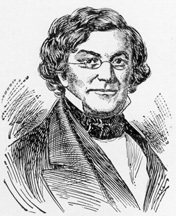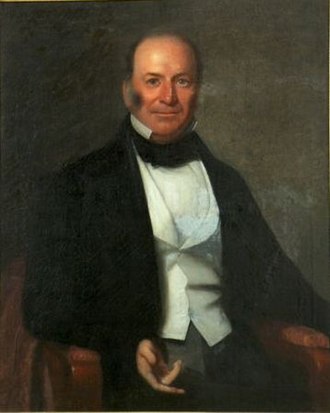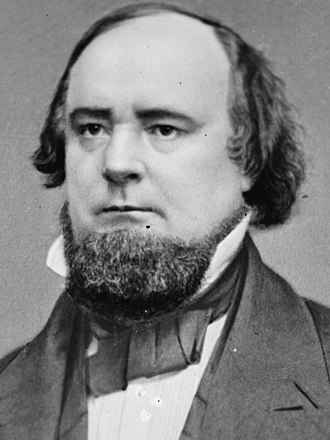|
WASHINGTON, December 28, 1860.
The PRESIDENT OF THE UNITED STATES:
SIR:
We have the honor to transmit to you a copy of the full powers from the
Convention of the People of South Carolina, under which we are
"authorized and empowered to treat with the Government of the United
States for the delivery of the forts, magazines, light-houses, and
other real estate, with their appurtenances, within the limits of South
Carolina; and also for an apportionment of the public debt and a
division of all other property held by the Government of the United
States as agent of the confederated States, of which South Carolina was
recently a member; and, generally, to negotiate as to all other
measures and arrangements proper to be made and adopted in the existing
relations of the parties, and for the continuance of peace and amity
between this Commonwealth and the Government at Washington."
In
the execution of this trust it is our duty to furnish you; as we now
do, with an official copy of the ordinance of secession, by which the
State of South Carolina has resumed the powers she delegated to the
Government of the United States, and has declared her perfect
sovereignty and independence.
It
would also have been our duty to have informed you that we were ready
to negotiate with you upon all such questions as are necessarily raised
by the adoption of this ordinance, and that we were prepared to enter
upon this negotiation with the earnest desire to avoid all unnecessary
and hostile collision, and so to inaugurate our new relations as to
secure mutual respect, general advantage, and a future of good will and
harmony, beneficial to all the parties concerned. But the events of the
last twenty-four hours render such an assurance impossible. We came
here, the representatives of an authority which could at any time
within the past sixty days have taken possession of the forts in
Charleston Harbor, but which, upon pledges given in a manner that we
cannot doubt, determined to trust to your honor rather than to its own
power. Since our arrival an officer of the United States acting, as we
are assured,not only without but against your orders, has dismantled
one fort and occupied another, thus altering to a most important extent
the condition of affairs under which we came.
Until
those circumstances are explained in a manner which relieves us of all
doubt as to the spirit in which these negotiations shall be conducted,
we are forced to suspend all discussion as to any arrangements by which
our mutual interests might be amicably adjusted.
And,
in conclusion, we would urge upon you the immediate withdrawal of the
troops from the harbor of Charleston. Under present circumstances they
are a standing menace which renders negotiation impossible, and, as our
recent experience shows, threatens speedily to bring to a bloody issue
questions which ought to be settled with temperance and judgment.
We have the honor to be, sir, very respectfully, your obedient servants,
R. W. BARNWELL,
J. H. ADAMS,
JAMES L. ORR,
Commissioners
|


